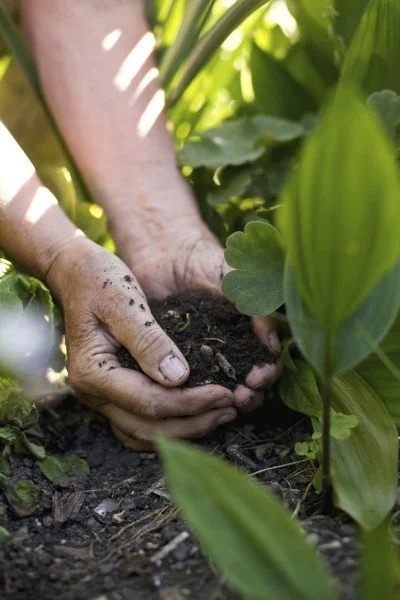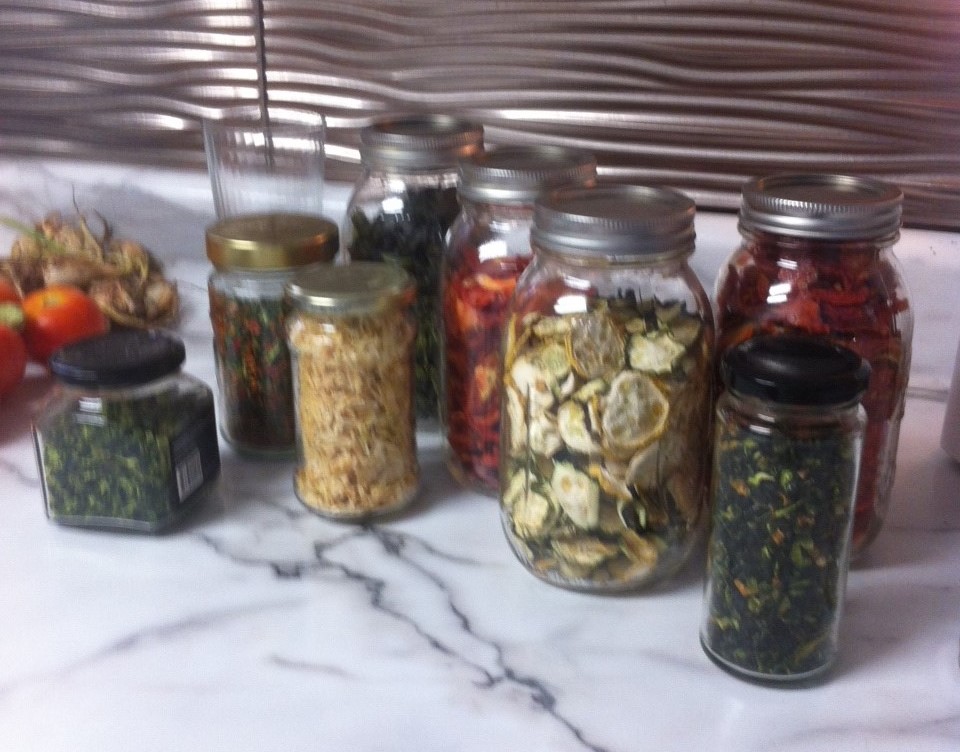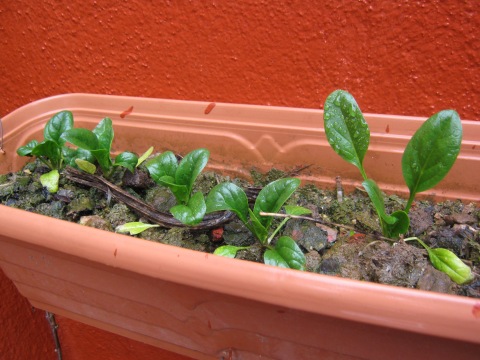
I garden, partly for stress relief, and partly in self-defense. Actually, that’s pretty much the same thing.
Today, in the garden, I was pulling weeds, getting ready for the next planting of cool-weather crops. When I am in the garden on my knees, getting physical tasks done, there’s lots of mental activity time available. God seems to visit with me quite frequently when I am in the garden, on my knees. Today, I was noticing how many weeds had appeared since the last time I paid attention to the garden, and I realized my life is a lot like that, too. When I am not paying attention, weeds sprout. When I am busy with other concerns, bad habits come back to visit, and new bad behaviors threaten to become new bad habits.
Bad stuff happens when I’m distracted and not focused on my relationship with God. The enemy is always looking for a way in. When I spot the weeds, or when God gently (or not so gently) points put weeds, we can together root them out. I just need to be willing to pay attention.
While I was pulling weeds, I also noticed some lettuce seedings that had volunteered where I had lettuce growing last season. God nudged me. He reminded me that good things in my life that “volunteer” are often there also because of what happened in a previous season. I have family members (parents, grandparents, great-grandparents, other relatives and precious friends) who had good things growing in their lives that I have benefitted from in my life. Scripture speaks about a “great cloud of witnesses” that encourage us in our walk. Those people provided me with good examples (and sadly a few bad examples) that I can learn from in my walk on this Earth. Many of my good habits sprouted because someone else had tended fruit, or sown seed, in their lives that took root in my life, too.
My family has helped me to establish good things. God shows me things that need to be fertilized, weeded out, or pruned. Life, and my garden, are a journey through time. Seeds planted take time to sprout, and more time to grow. They take time to fruit, and then, with more time, they are removed to make way for new plants, or they are refreshed and re-fertilized for a new growing season. This is the cycle of life and gardens.
I have thanks for the examples given to me from my “great cloud of witnesses,” including those examples in my Scriptures, and all of the good things that are already established, or that are now newly growing in my life’s garden because of someone else’s fruitful walk with God.
The volunteer lettuce seedlings have now been transplanted into the garden where they have room to spread out and grow. I’ve also planted seeds for new plants to grow, too. In the same way, I’ve been reading and studying to start new fruitful habits in my life, too. God directs my attention towards things I’ve been doing that He’d like me to stop doing, or to do differently. I just have to listen and then He’ll help me get it done. One day at a time.




